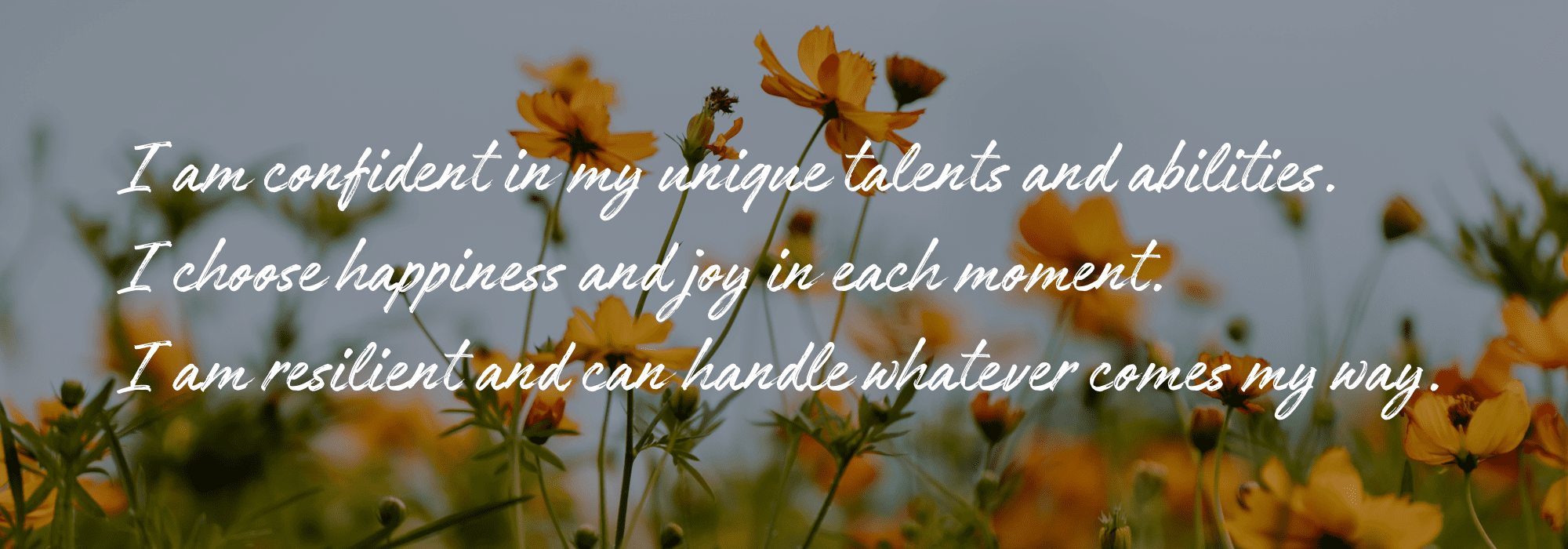

Securing our mental health is a more straightforward endeavor than one might anticipate. Through daily routines and uncomplicated activities that promote well-being, we enhance our ability to navigate life’s challenges. Think of it as a daily habit, akin to brushing your teeth, that is crucial for averting potential issues. The good news is, maintaining mental health can also be enjoyable! Our tips are designed to promote mental well-being, each supported by research, including insights from the groundbreaking study conducted by the Mental Health Foundation. Remember that these suggestions may vary in difficulty for different individuals. Experiment with them and discover which ones resonate most with you.
Nature has a profound calming effect on us, tapping into our primal connection with the natural world. Activities like walks in the park or “forest bathing” can significantly improve mental health. Immerse yourself in the sights, sounds, and textures of nature to harness its healing benefits. •According to a study conducted by the Mental Health Foundation, going for a walk was the favorite way for UK adults to cope with stress during the pandemic in 2020. •Research has shown that spending time in nature, or engaging in activities like “forest bathing,” as practiced in Japan, can significantly improve mental health.
•According to a study conducted by the Mental Health Foundation, going for a walk was the favorite way for UK adults to cope with stress during the pandemic in 2020.
•Research has shown that spending time in nature, or engaging in activities like “forest bathing,” as practiced in Japan, can significantly improve mental health.
For more ideas, refer to our guide “Thriving With Nature,” developed by the Mental Health Foundation and WWF.
Quality sleep plays a pivotal role in mental health. Establish a relaxing bedtime routine, avoid screen time and stimulants before sleep, and maintain a consistent sleep schedule. Aim for 7 to 9 hours of sleep each night, including adequate dreaming and deep sleep phases.
•The National Sleep Foundation recommends that adults need between 7 and 9 hours of sleep each night for optimal physical and mental health.
•Lack of sleep has been identified as a common issue during periods of struggling mental health.
Explore our sleep and mental health guide for additional suggestions, including useful apps and professional assistance.
Physical and mental well-being are interconnected. Engage in activities like sports, gardening, dancing, or walking to enhance both aspects. Exercise releases “feel-good” hormones, reducing stress and fostering a positive body image.
•Exercise has been found to release “feel-good” hormones that reduce feelings of stress and anger, according to numerous studies.
•Participation in group activities, such as sports teams or classes, has been linked to improved mental health.
You don’t need to be an athlete; choose activities you enjoy, from walking to dancing or hitting the gym.
What we eat affects our body, brain, and mood. Prioritize a balanced diet with plenty of fruits and vegetables. Sharing meals with others fosters relationships, crucial for mental health. Be mindful of emotional eating patterns and seek support if needed.
•The connection between diet and mental health is well-established, with a balanced diet rich in vegetables and fruits being essential for both physical and mental well-being.
•Research suggests that the consumption of sugary snacks and drinks, as well as excessive caffeine, can negatively impact mood and energy levels.

Acts of kindness benefit both the giver and receiver. Simple gestures like a smile or kind words can lift moods and strengthen connections. Foster friendly relationships to enhance mental well-being.
•Studies have demonstrated that acts of kindness can boost mood, strengthen social connections, and enhance the ability to cope with stress.
•Positive social interactions, even small ones like exchanging a smile, have been shown to have a significant impact on mental health.
Break free from familiar routines to make life more vibrant and rewarding. Openness to new experiences can lead to unexpected joys and discoveries. Experiment with small changes or plan exciting adventures to invigorate your life.
•Embracing new experiences has been associated with increased feelings of interest, vitality, and life satisfaction.
•Trying out new activities and being open-minded can lead to personal growth, discovery of talents, and expanded social circles.
Having things to look forward to, whether small pleasures or significant events, can provide hope during challenging times. Create plans for enjoyable activities, reinforcing a positive outlook on life.
•Planning enjoyable activities has been linked to increased hope, a crucial factor in maintaining mental health during challenging times.
•Setting and following through with plans, whether big or small, has positive effects on overall well-being.
Acknowledging and managing emotions is vital for mental health. Practice self-compassion, name your feelings without judgment, and explore their origins. Positive affirmations and mindfulness can be powerful tools in reducing negative thoughts.
•Research supports the effectiveness of techniques like mindfulness and positive self-affirmations in reducing negative thoughts and feelings.
•Naming and acknowledging feelings, without judgment, has been shown to be beneficial in emotional regulation.

Talking to a trusted person can provide relief and support during difficult times. Express your feelings in your own words to foster a sense of connection and protect your mental health.
•Studies consistently highlight the therapeutic benefits of talking to someone trusted about feelings and difficulties.
•Open communication strengthens relationships and provides emotional relief.
Using drugs or alcohol to cope with emotions offers temporary relief but can exacerbate problems. Be aware of unhealthy coping mechanisms and seek support from trusted individuals or organizations such as Talk To Frank.
•Research indicates that using drugs or alcohol to cope with difficult emotions can exacerbate mental health problems and create additional issues.
•Seeking help from trusted individuals, charities, or support groups is crucial in addressing substance use and its impact on mental well-being.
Financial problems can be stressful, impacting mental health. Share your concerns with someone trustworthy and seek advice from financial experts. Numerous organizations offer free assistance to help manage debts and navigate financial challenges.
•Money problems are identified as one of the most common and serious sources of stress, according to research.
•Seeking advice from financial experts and discussing financial concerns with trusted individuals can alleviate feelings of isolation and overwhelm.
Remember, maintaining mental health is an ongoing process, and seeking help when needed is a sign of strength, not weakness.

Bea Galon is a graduate of BS in Information Technology at First Asia Institute of Technology and Humanities. She is currently a virtual assistant and she loves to watch historic and animal documentary videos. She believes that never regret anything in your life, but grab and earn the lesson from the mistake you had and keep moving forward.
Get our EvolutionHUB articles on the first and third Monday of each month.
September 30, 2023
Denver, CO